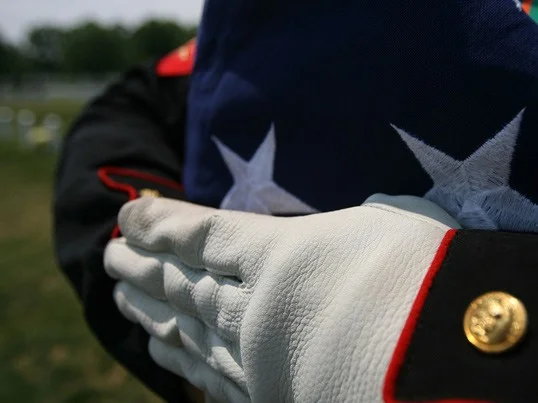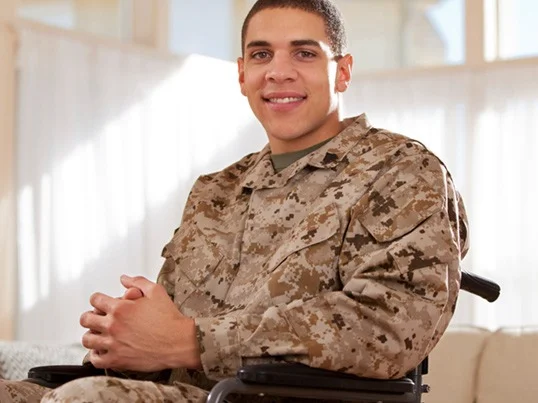When you suffer from depression, holding down a job and performing daily tasks may not be possible. If your depression was caused or made worse by your military service, the VA may provide you with monthly, tax free payments to compensate you for the loss of earnings you experience because of your condition. Unfortunately, there is still a stigma surrounding getting help for depression and other mental health disorders. But if you believe you have depression after your military service, you can and should seek medical help and ask for compensation from the VA.
If the VA denies your application for compensation, the veterans benefits lawyers of Jackson & MacNichol can help. We have a proven track record of successfully appealing VA disability claim denials–sometimes taking our clients’ cases all the way to the US Court of Appeals for Veterans Claims. We don’t charge a fee unless we win your appeal, so call us for a risk-free consultation today at 1(888) 492-2941.
You Can Get Compensation for Your Depression if It’s Service Related
The National Institute of Mental Health (NIMH) estimated in 2014 that 6.7% of Americans had depression. That same year, a study conducted by Stanford University and the VA found that Veterans did not show significantly higher levels of depression than non-veterans. But the study also found that Vietnam veterans had a depression rate twice as high as that of WWII and Korea veterans.
Since veterans and non-veterans generally have similar rates of depression, the VA carefully reviews each application to determine if the condition is actually caused by military service. Your application may succeed if you can provide evidence establishing one of the following:
- Direct Service Connection–You need to have a current diagnosis of depression along with evidence of an incident that occurred during your military service that a medical professional believes to have caused your depression. Losing a friend in combat, for example, could be a service incident that could cause depression.
- Aggravated Service Connection–Along with a current diagnosis of depression, you need to show that this condition existed at the time of your arrival in the military. Additionally, you’ll need to show that your service aggravated your depression, otherwise the VA will assume that your depression just progressed naturally during your time in the military.
- Secondary Service Connection–Many veterans are depressed because of a service related disability. For example, your lack of mobility after a combat injury could lead to depression. In addition to a current diagnosis of depression, you’ll need to provide medical evidence that shows a link between your mental health condition and another service connected disability.
The VA categorizes depression under “mood disorders” in its schedule of ratings, which includes two possible diagnoses: dysthymic disorder and major depressive disorder. Dysthymic disorder involves feelings of low self-esteem and hopelessness, and trouble concentrating and making decisions that have persisted for a period of at least two years. Major depressive disorder, on the other hand, requires you to have had at least two depressive episodes that lasted at least two weeks, and that involved some of the following symptoms:
- Lack of interest in daily activities
- Insomnia
- Hopelessness
- Excessive sleep
- Extreme fatigue
- Thoughts about death
Depending on how seriously the VA considers these symptoms to impact your ability to earn a living, they may rate your condition at 0%, 10%, 30%, 50%, 70%, or 100%. If you receive a 0% rating, it means the VA believes you have depression, but they are not convinced that it affects your earning ability. Although a 0% rating will not result in monthly compensation payments, it will give you better access to other VA benefits such as healthcare.
A VA Benefits Lawyer Can Help You Get Compensation for Your Depression
If the VA denies your application for veterans disability compensation, or gives you an unfairly low disability rating, a VA disability lawyer can help. By collecting the evidence, articulating convincing arguments on your behalf, and pushing your appeal through the appropriate channels, the VA attorneys at Jackson & MacNichol can increase your chances of getting the compensation you deserve. Call us today at 1(888) 492-2941 for a free consultation.



